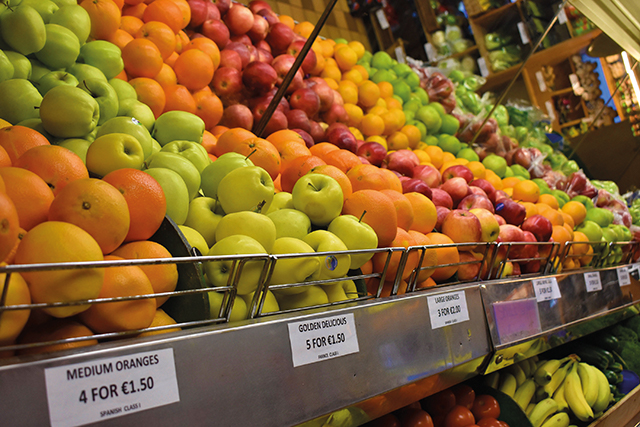
[dropcap]N[/dropcap]ow more than ever people seem to be turning away from meat eating and looking toward a plant-based lifestyle, but is veganism manageable for everyone?
Veganism undoubtedly has many benefits, from health-related reasons to environmental ones, but it can be difficult to actually maintain.
It can have long-term positive health benefits and it means less risk of ingesting harmful antibiotics or hormones from livestock, as well as avoiding animal welfare abuses and eating in a way that doesn’t use as many environmental resources.
It is easy to see why people would want to move towards a vegan lifestyle when we look at the injustices a meat-based diet can inflict. The way we treat animals is objectively unfair.
Such as it being EU standard that non-profitable male baby chicks can be ground up alive or the many animals abused through the dairy industry, animal testing in the beauty industry or even the treatment of mammals in places like SeaWorld.
When you combine that with the environmental reasons for becoming vegan, it becomes hard to reason against it. Especially when looking at the fact that animals raised for food produce approximately 130 times as much excrement as the entire human population, meaning it often ends up in lagoon areas eventually flooding into rivers and lakes.
However, veganism can often forget the many people who simply cannot afford to not eat animal products, for many different reasons.
From allergies, medical conditions, people who live in food desert areas devoid of many healthy options, and those who simply cannot afford it monetarily.
A vegan diet might not be expensive if you just consume vegetables, fruit, lentils and nuts, however this could be a very difficult transition to make if you’re used to sustaining yourself on cheap meat-based foods.
Yes, a carb-heavy vegan diet is possible but through eating things like potatoes, pasta, vegan alternatives and junk food replacements, but not everyone can afford to do this.
There are foods like Oreos that are cheap and already vegan but only a very small percentage, brands like Ben & Jerry’s do offer dairy-free substitutes but these alternatives are not affordable for some.
Places like Aldi and Lidl also have dairy-free ice creams among other vegan ranges at more reasonable prices but not everyone has access to these type of shopping facilities nearby.
For some low-income families, it is simply not manageable to shell out extra cash, time or resources on sustaining a vegan lifestyle, when it seems more affordable to grab the quicker and cheaper options.
Food availability would go up by 23 percent according to a US National Academy of Sciences study as humans could then eat the plants used to feed the animals, there would be more food available for everyone and an increase in humans getting certain vitamins.
Although, this neglects to discuss how blaming individuals for not being vegan could seem redundant when it’s the large-scale corporations who are contributing most of the harmful impacts.
However, a vegan lifestyle could also lead to developmental problems with infants and create a deficiency in calcium and other vitamins that we currently get from animals.
It would also ignore people with allergies and medical conditions which make veganism near impossible for them.
Veganism is undoubtedly very beneficial for numerous reasons, it just may not be manageable for everyone.
Clara Kelly
Image Credit: Alison Clair



